


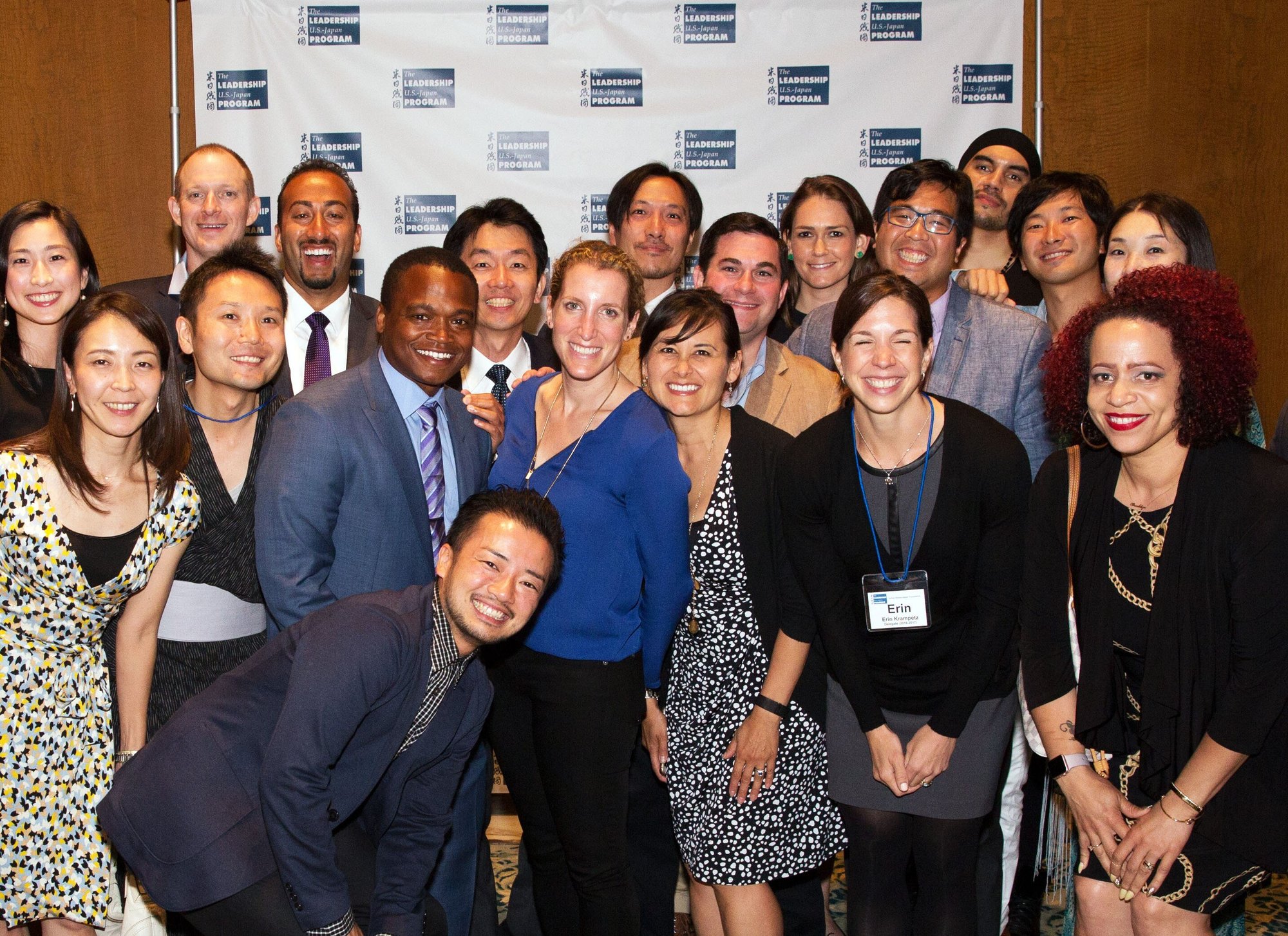
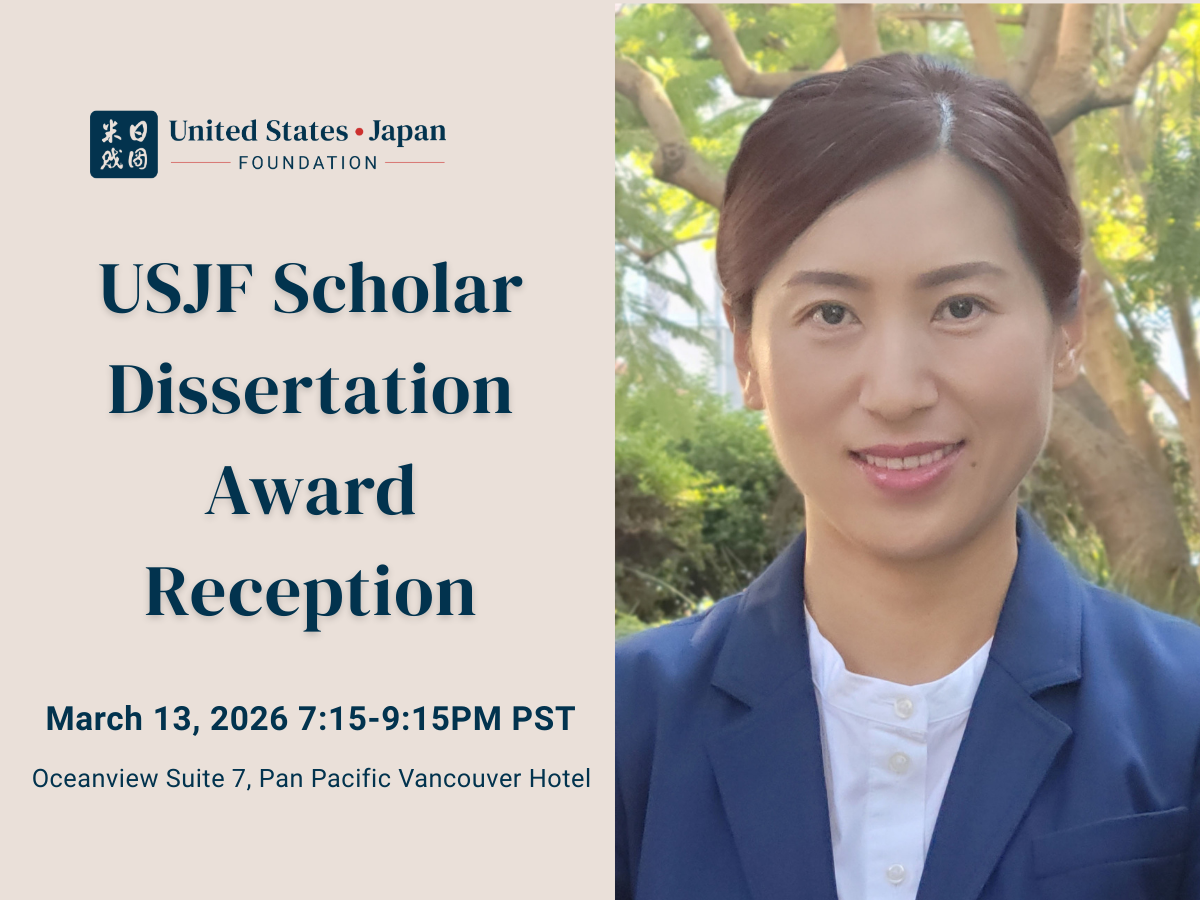
Get Involved
From public seminars to leadership forums, our events bring together leaders, learners, and changemakers from both sides of the Pacific to share ideas, build connections, and spark new collaborations. Whether online or in person, our events are where U.S.-Japan connections come alive—sparking dialogue today and shaping impact tomorrow.
See all events
Grant-giving
Championing the changemakers
We've awarded more than $100 million in grants to advocates, artists, scholars and students, to bolster and project U.S.-Japan ties, making a meaningful difference in each country.
Network-Building
Connecting next-generation leaders
A vibrant, 500+ person network of rising stars in everything from politics and academia to sports and entertainment, The US-Japan Leadership Program creates a lifelong support system for American and Japanese members to inspire and challenge each other throughout every stage of their careers.

The United States-Japan Foundation is
an independent, endowed, charitable organization working to strengthen bilateral ties and confront shared challenges.
About Us
an independent, endowed, charitable organization working to strengthen bilateral ties and confront shared challenges.

APPLY FOR A GRANT
Winter Grant Application Cycle Now Open
We operate our grants program on a quarterly cycle. The winter window is now open, with a March 27 deadline. The full 2026 timeline, guidelines, and application process can be found from the button below. A list of current grantees can be found here.

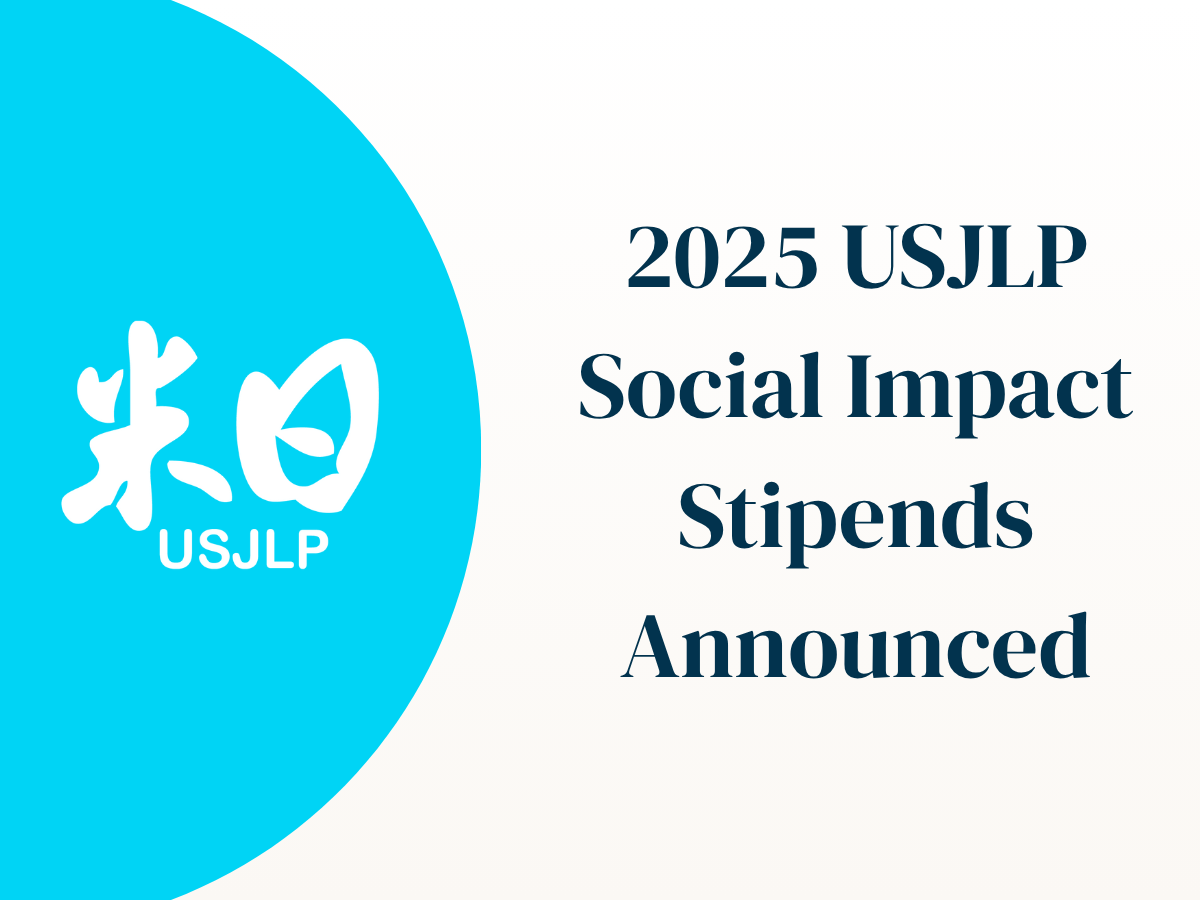
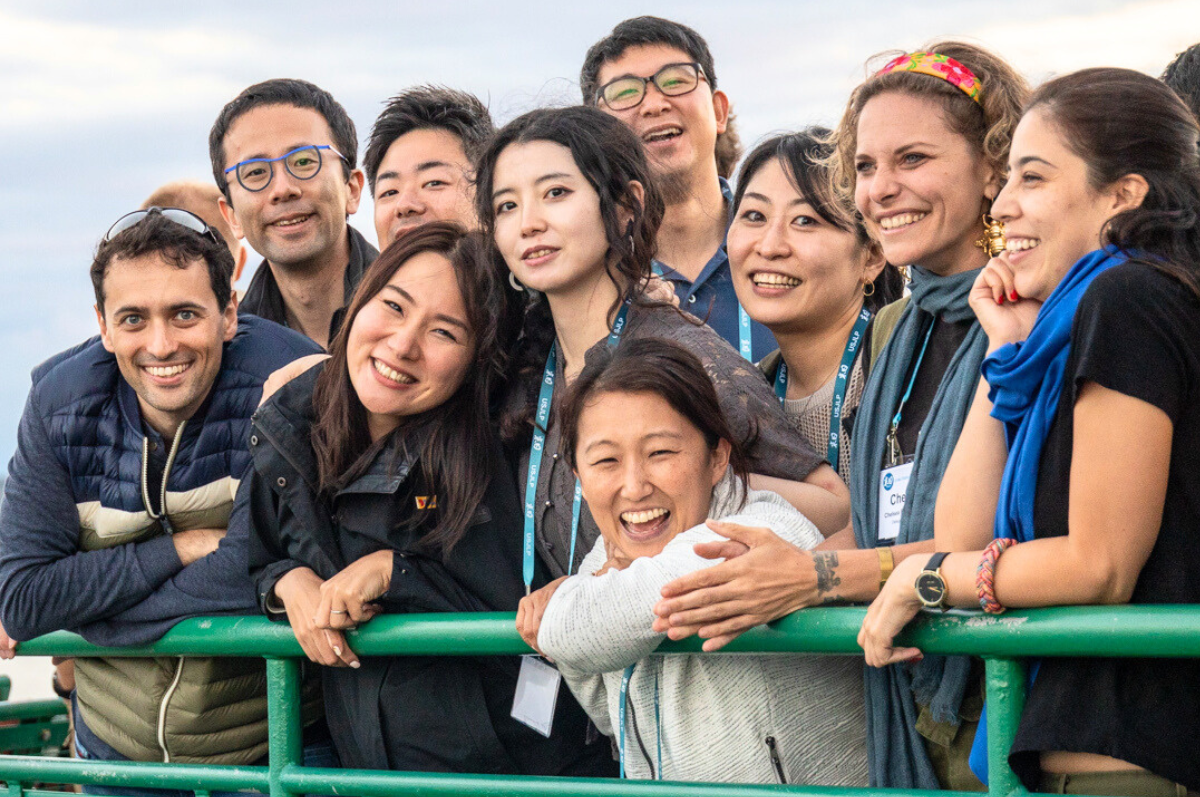
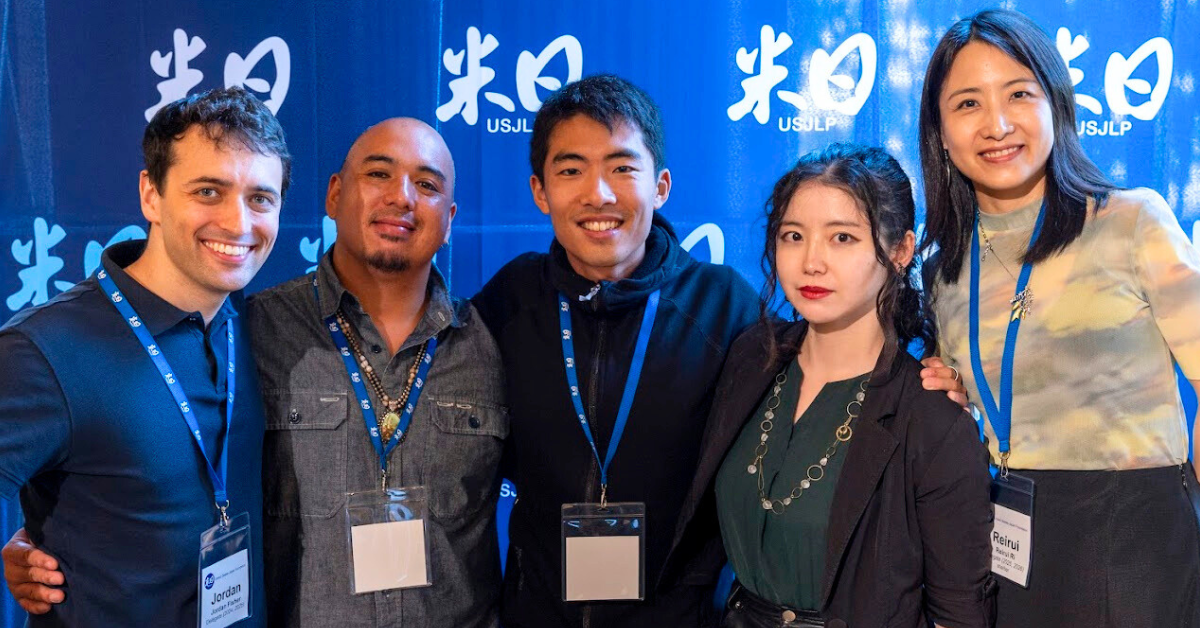
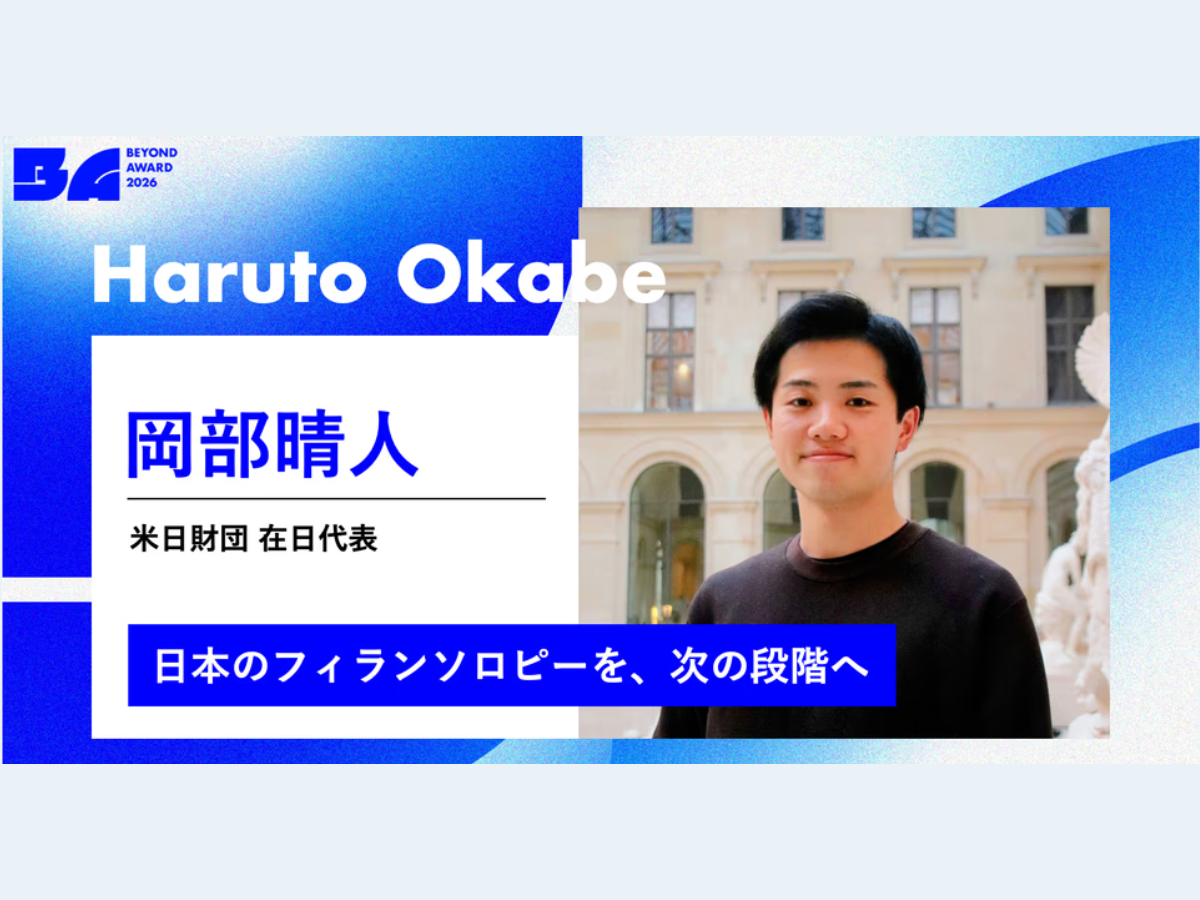
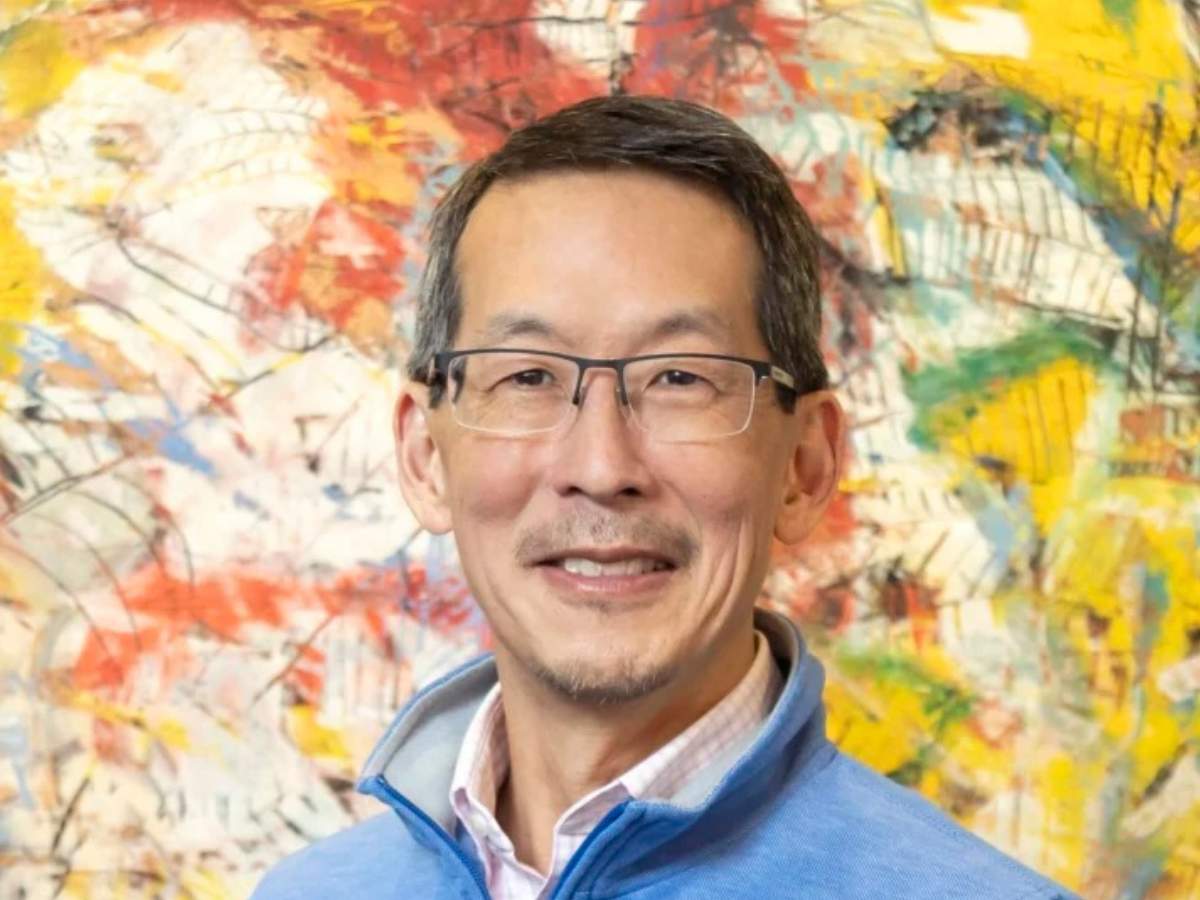
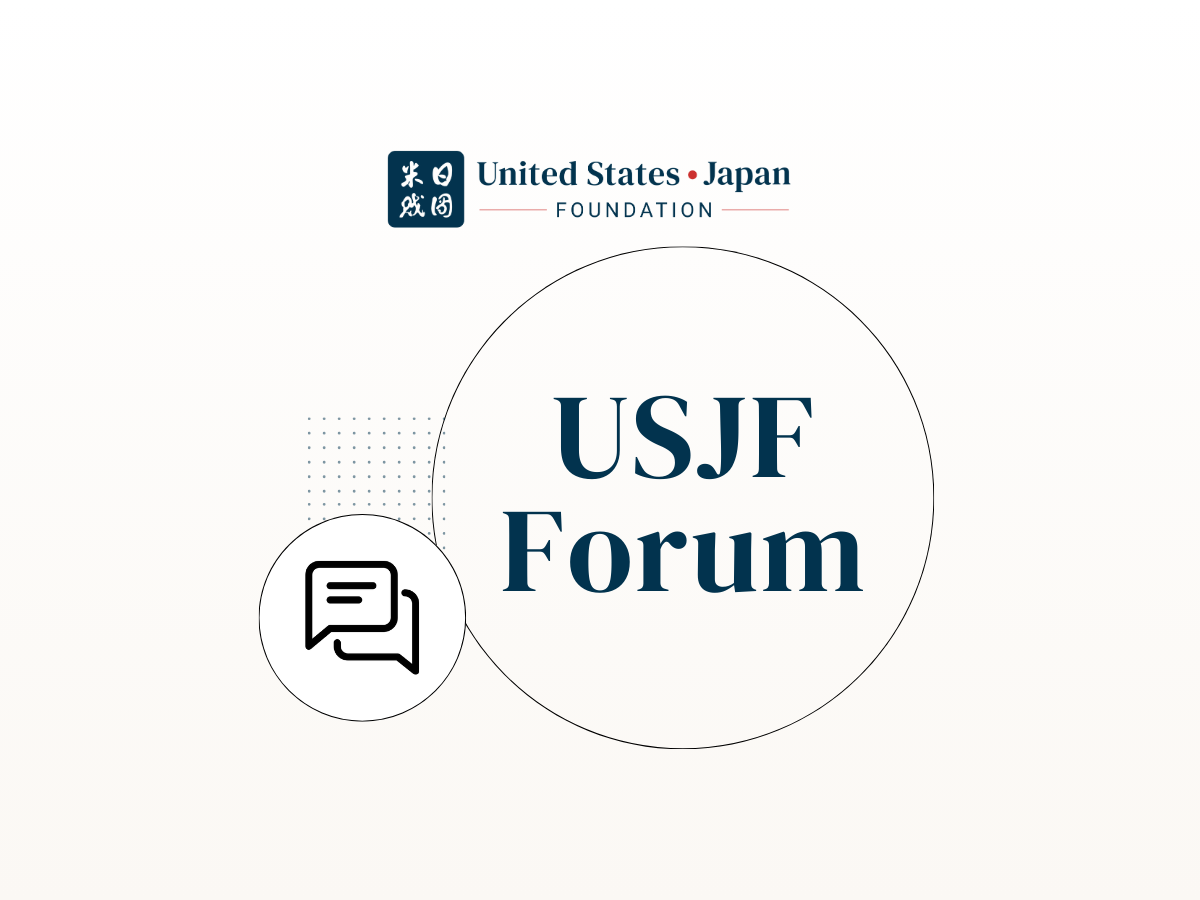
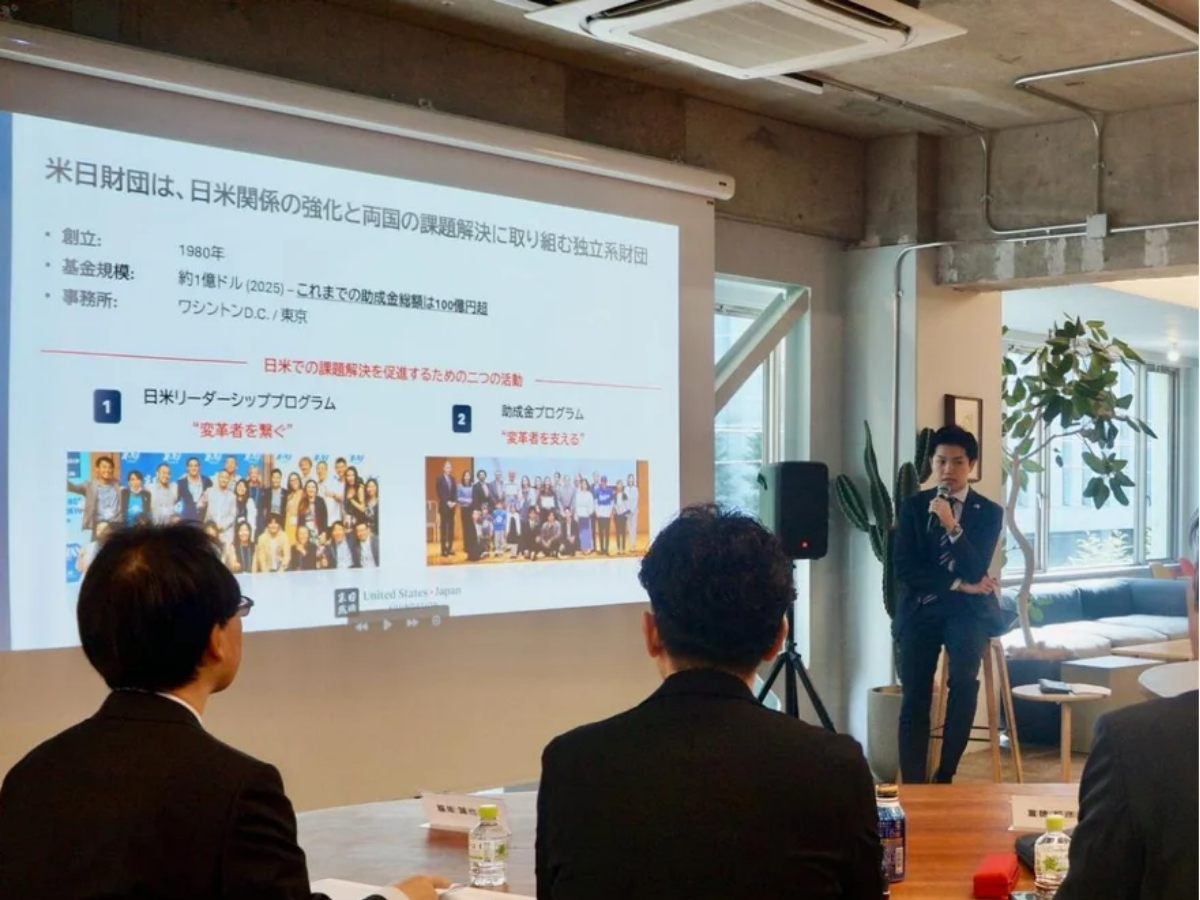
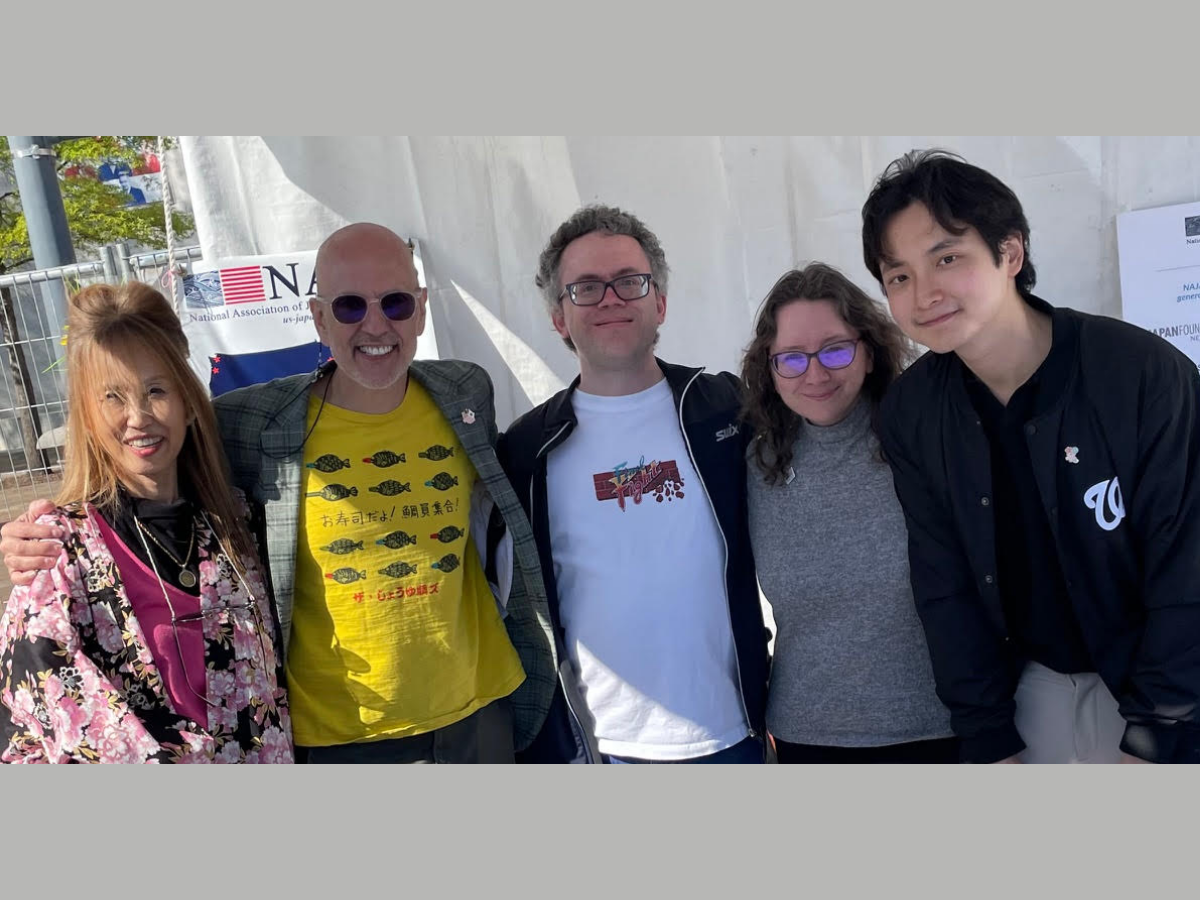
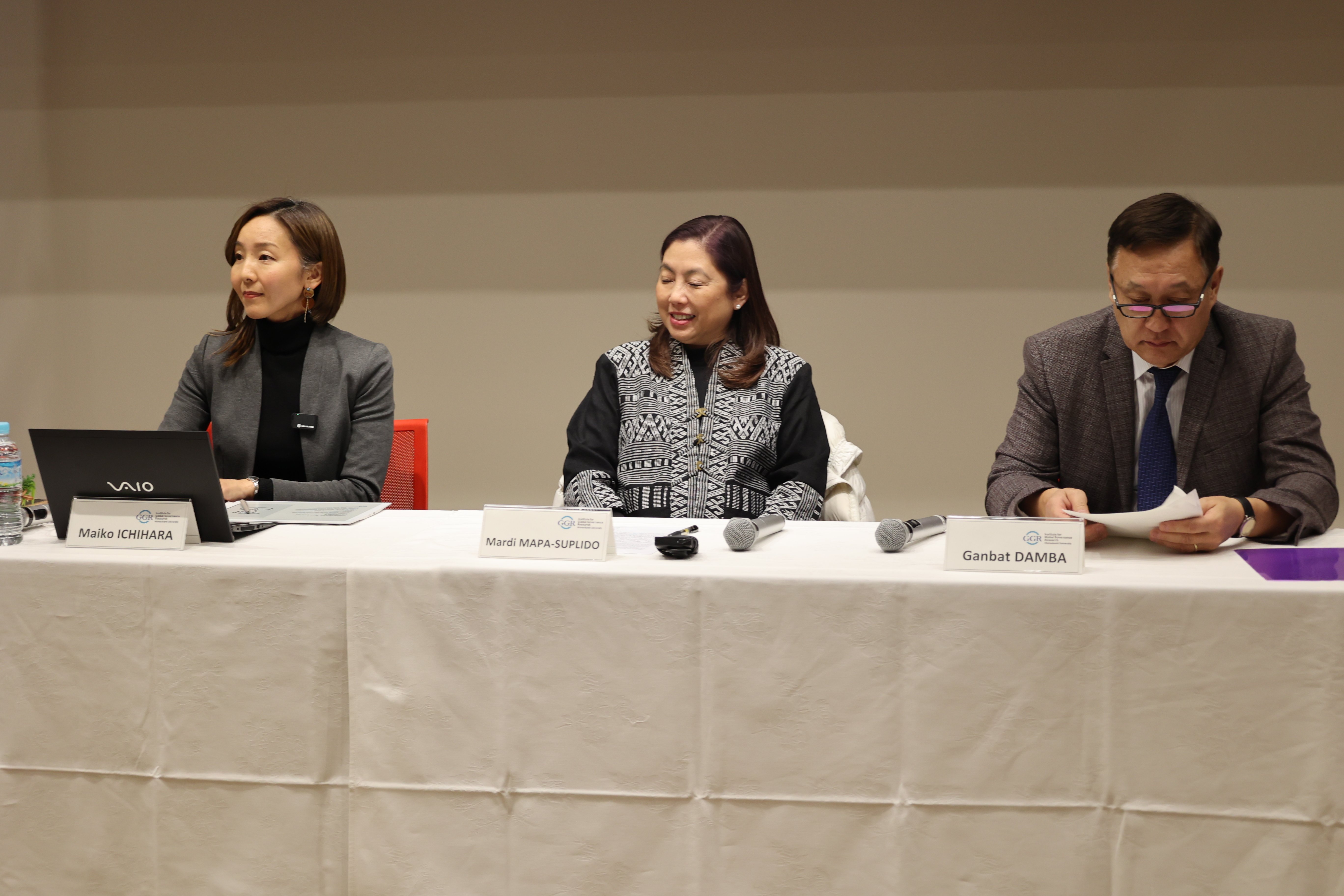
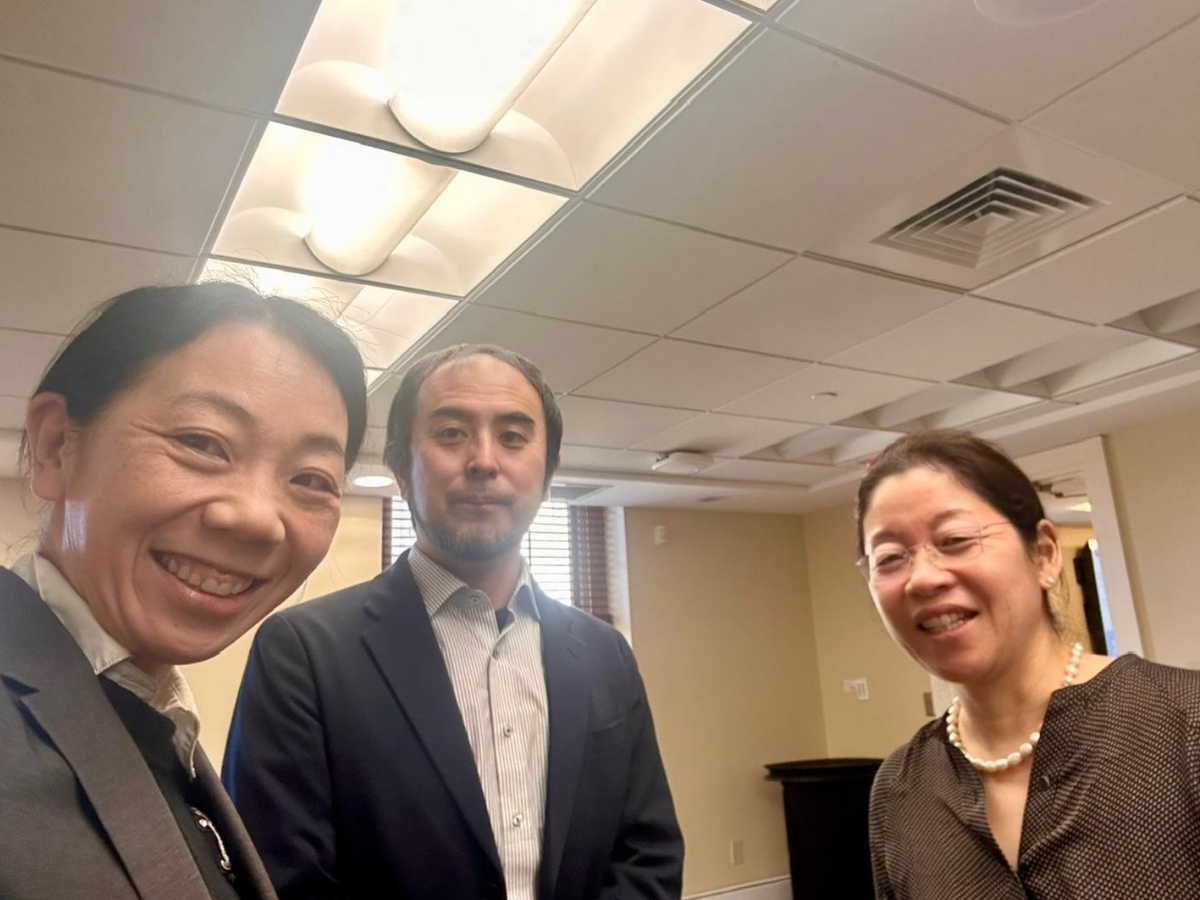
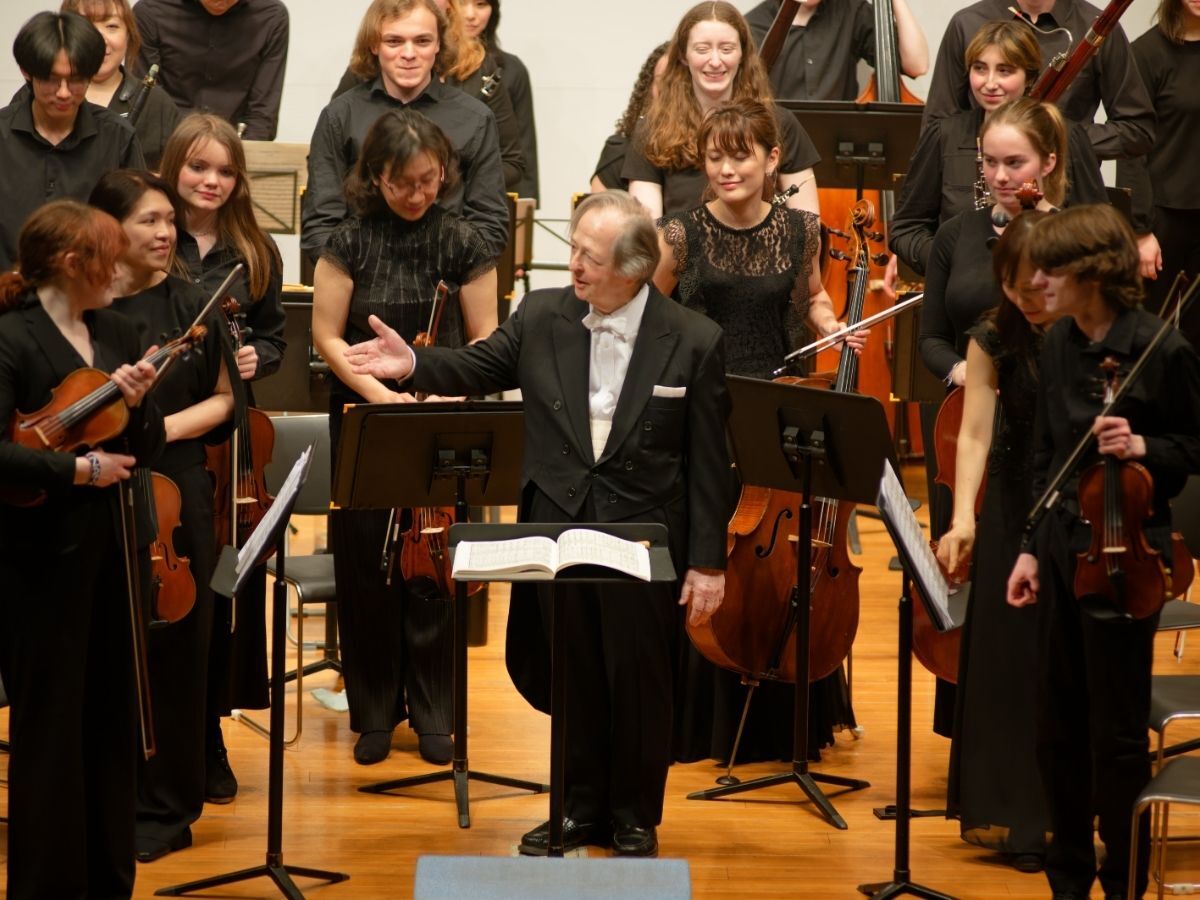

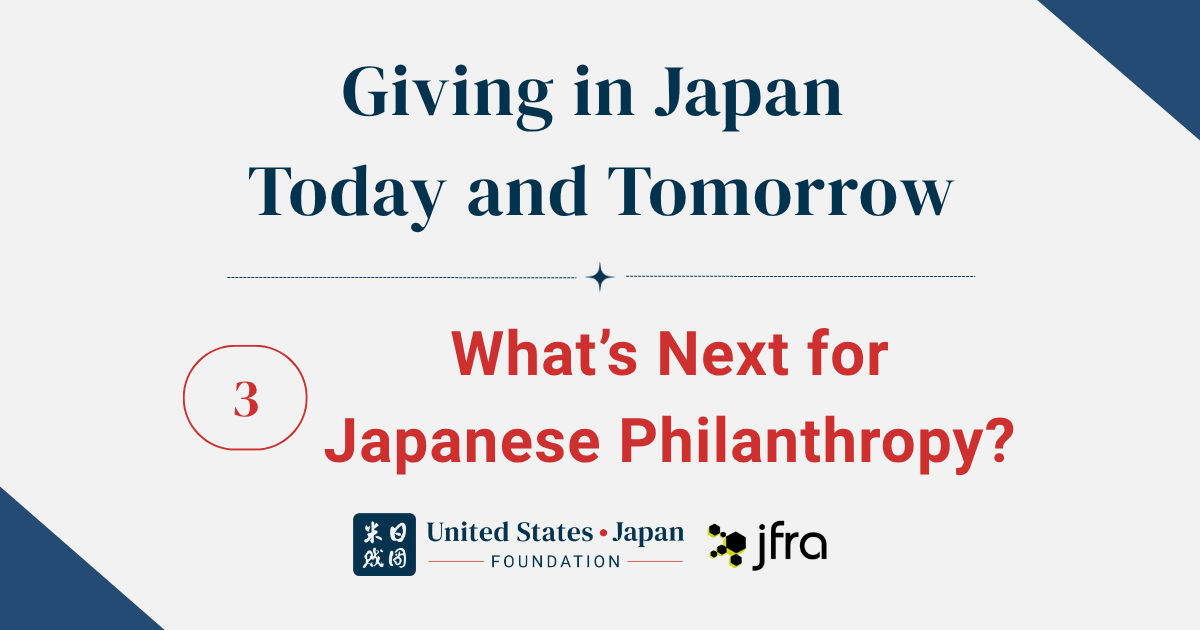
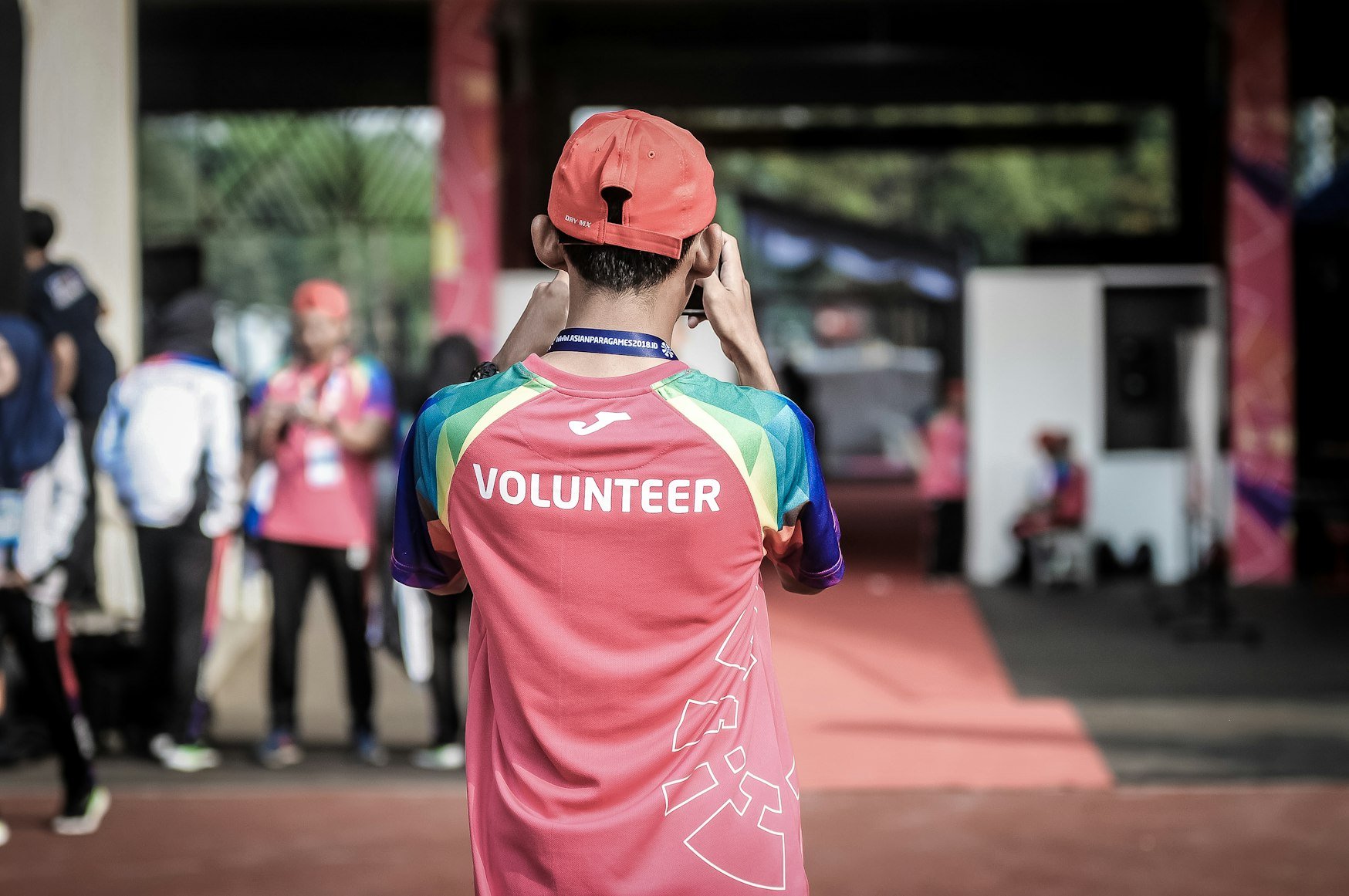
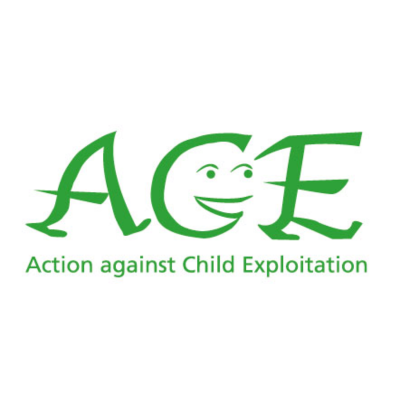
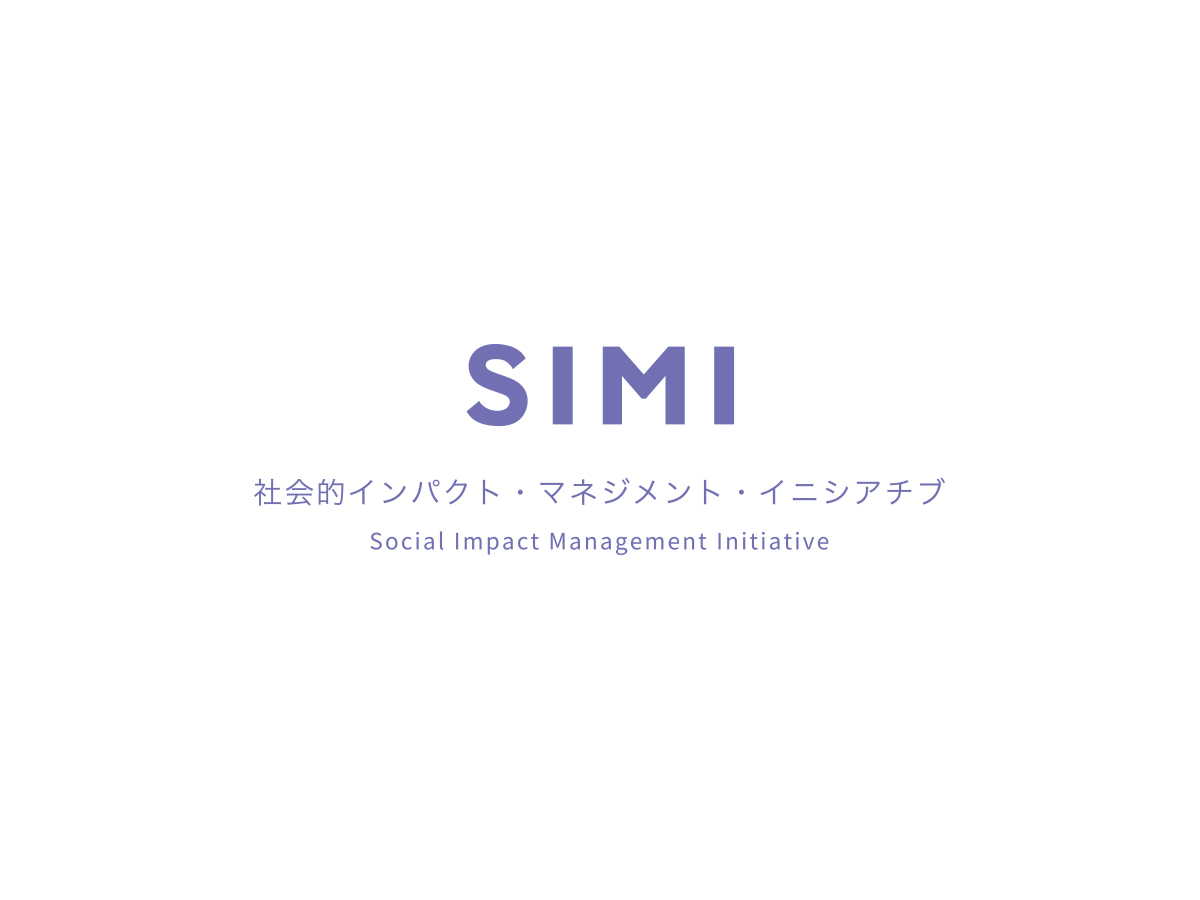

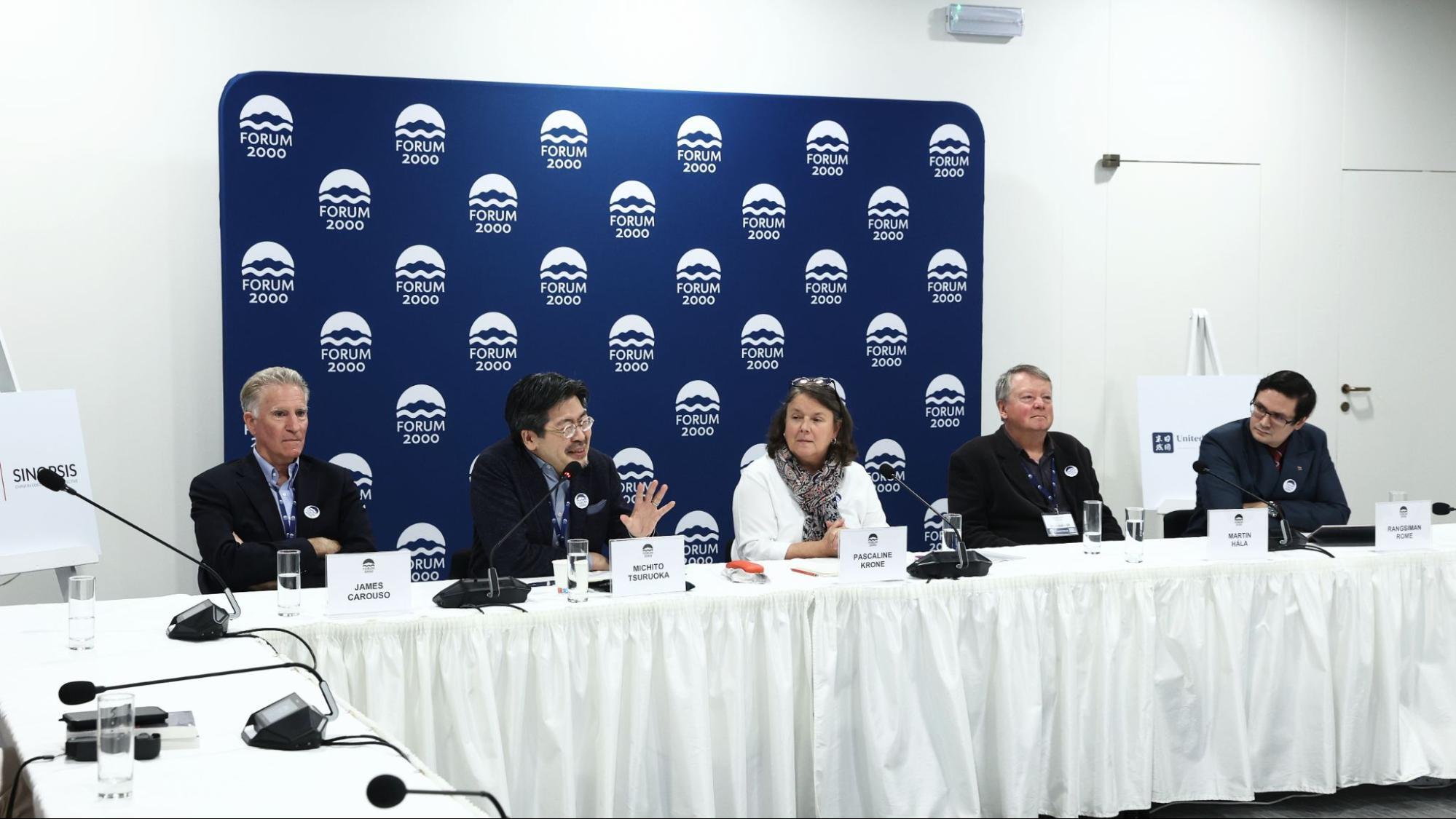
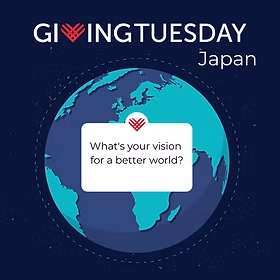
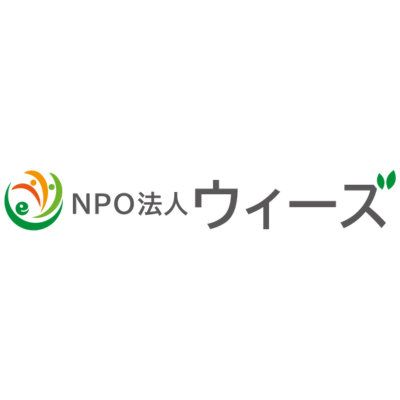

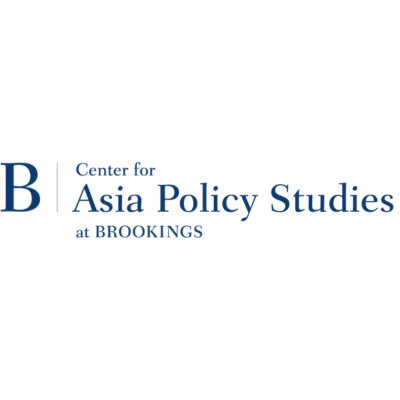

/Sasaki%2c%20Ayano.png?width=400&height=372&name=Sasaki%2c%20Ayano.png)
/Fisher%2c%20Jordan.png?width=400&height=372&name=Fisher%2c%20Jordan.png)
/Mizoue%2c%20Yuka.png?width=400&height=372&name=Mizoue%2c%20Yuka.png)
/Takashima%2c%20Ryosuke.png?width=400&height=372&name=Takashima%2c%20Ryosuke.png)
/Watanabe%2c%20Sayaka.png?width=400&height=372&name=Watanabe%2c%20Sayaka.png)
/Bazzell-Smith%2c%20Kofi.png?width=400&height=372&name=Bazzell-Smith%2c%20Kofi.png)
/Yakushi%2c%20Mika%20-%201st%20Year.png?width=400&height=372&name=Yakushi%2c%20Mika%20-%201st%20Year.png)
/Baba%2c%20Yumi.png?width=400&height=372&name=Baba%2c%20Yumi.png)
/Nagasaka%2c%20Shingo.png?width=400&height=372&name=Nagasaka%2c%20Shingo.png)
/Acosta%2c%20Stephanie.png?width=400&height=372&name=Acosta%2c%20Stephanie.png)
/Haidar%2c%20Mark.png?width=400&height=372&name=Haidar%2c%20Mark.png)
/Yamaguchi%2c%20Satoshi%20-%201st%20Year.png?width=400&height=372&name=Yamaguchi%2c%20Satoshi%20-%201st%20Year.png)
/Vo%2c%20Terry.png?width=400&height=372&name=Vo%2c%20Terry.png)
/Sneider%2c%20Noah.png?width=400&height=372&name=Sneider%2c%20Noah.png)
/Oshiba%2c%20Kojin.png?width=400&height=372&name=Oshiba%2c%20Kojin.png)
/Ritter-Soronen%2c%20Chelsea.png?width=400&height=372&name=Ritter-Soronen%2c%20Chelsea.png)
/Dutta-Gupta%2c%20Indivar.png?width=400&height=372&name=Dutta-Gupta%2c%20Indivar.png)
/Sayama%2c%20Jackson.png?width=400&height=372&name=Sayama%2c%20Jackson.png)
/Koulabdara%2c%20Sera.png?width=400&height=372&name=Koulabdara%2c%20Sera.png)
/Koga%2c%20Hiroki.png?width=400&height=372&name=Koga%2c%20Hiroki.png)
/Nagao%20Nakase%2c%20Haruka.png?width=400&height=372&name=Nagao%20Nakase%2c%20Haruka.png)
/Foreman%2c%20Henry%20Jake.png?width=400&height=372&name=Foreman%2c%20Henry%20Jake.png)
/Fujiyama%2c%20Cosmo.png?width=400&height=372&name=Fujiyama%2c%20Cosmo.png)
/Amano%2c%20Tomomichi.png?width=400&height=372&name=Amano%2c%20Tomomichi.png)
/Maktoufi%2c%20Reyhaneh.png?width=400&height=372&name=Maktoufi%2c%20Reyhaneh.png)
/Cavell%2c%20David.png?width=400&height=372&name=Cavell%2c%20David.png)
/Meguro%2c%20Maiko.png?width=400&height=372&name=Meguro%2c%20Maiko.png)
/Niho%2c%20Tomonori.png?width=400&height=372&name=Niho%2c%20Tomonori.png)
/Ri%2c%20Reirui.png?width=400&height=372&name=Ri%2c%20Reirui.png)
/Konishi%2c%20Keii.png?width=400&height=372&name=Konishi%2c%20Keii.png)
/Thomspon%2c%20Tiffany.png?width=400&height=372&name=Thomspon%2c%20Tiffany.png)
/Udagawa%2c%20Naoko.png?width=400&height=372&name=Udagawa%2c%20Naoko.png)
/Uldricks%2c%20Nathan.png?width=400&height=372&name=Uldricks%2c%20Nathan.png)
/Shiraki%2c%20Atsushi.png?width=400&height=372&name=Shiraki%2c%20Atsushi.png)
/Stithem%2c%20Byron.png?width=400&height=372&name=Stithem%2c%20Byron.png)
/Nirody%2c%20Roshni.png?width=400&height=372&name=Nirody%2c%20Roshni.png)
/Grunden%2c%20Hunter.png?width=400&height=372&name=Grunden%2c%20Hunter.png)
/Farrar%2c%20Laura.png?width=400&height=372&name=Farrar%2c%20Laura.png)
/Sasaki%2c%20Uran.png?width=400&height=372&name=Sasaki%2c%20Uran.png)
/Chock%2c%20Justin.png?width=400&height=372&name=Chock%2c%20Justin.png)
/Nanami%2c%20Toru.png?width=400&height=372&name=Nanami%2c%20Toru.png)
/Blachly%2c%20Rebecca.png?width=400&height=372&name=Blachly%2c%20Rebecca.png)

